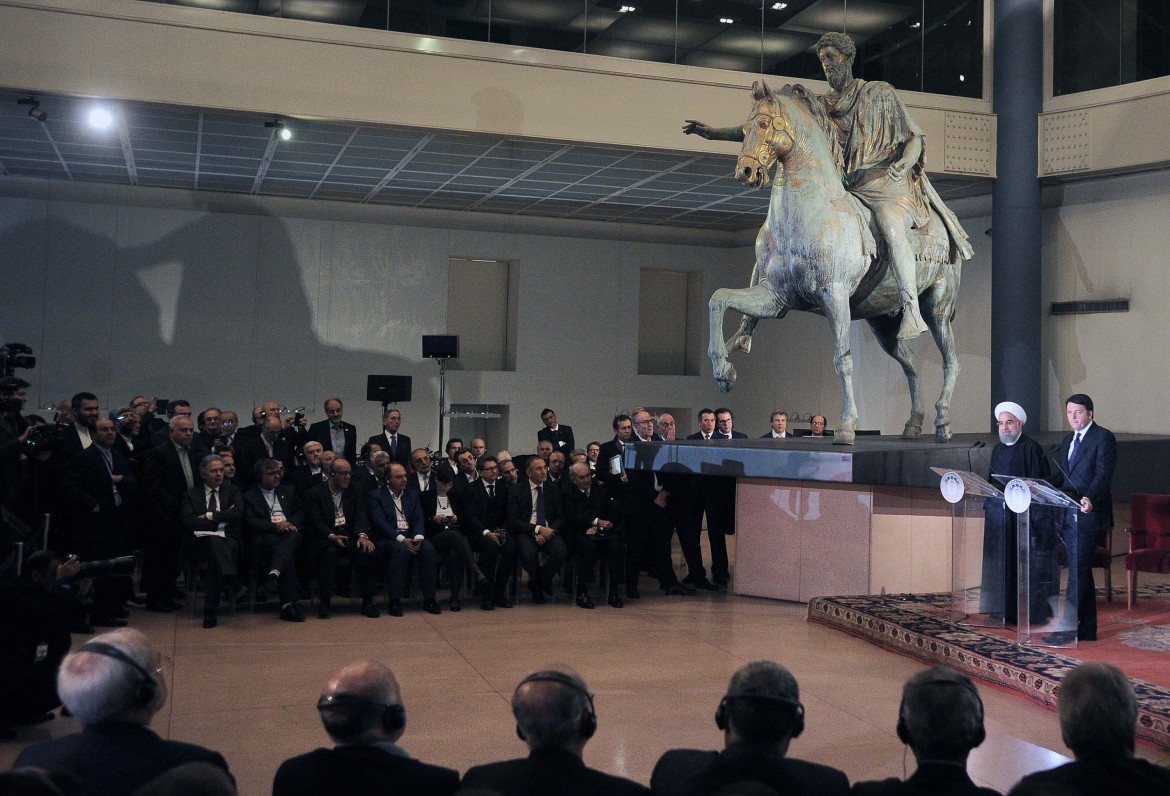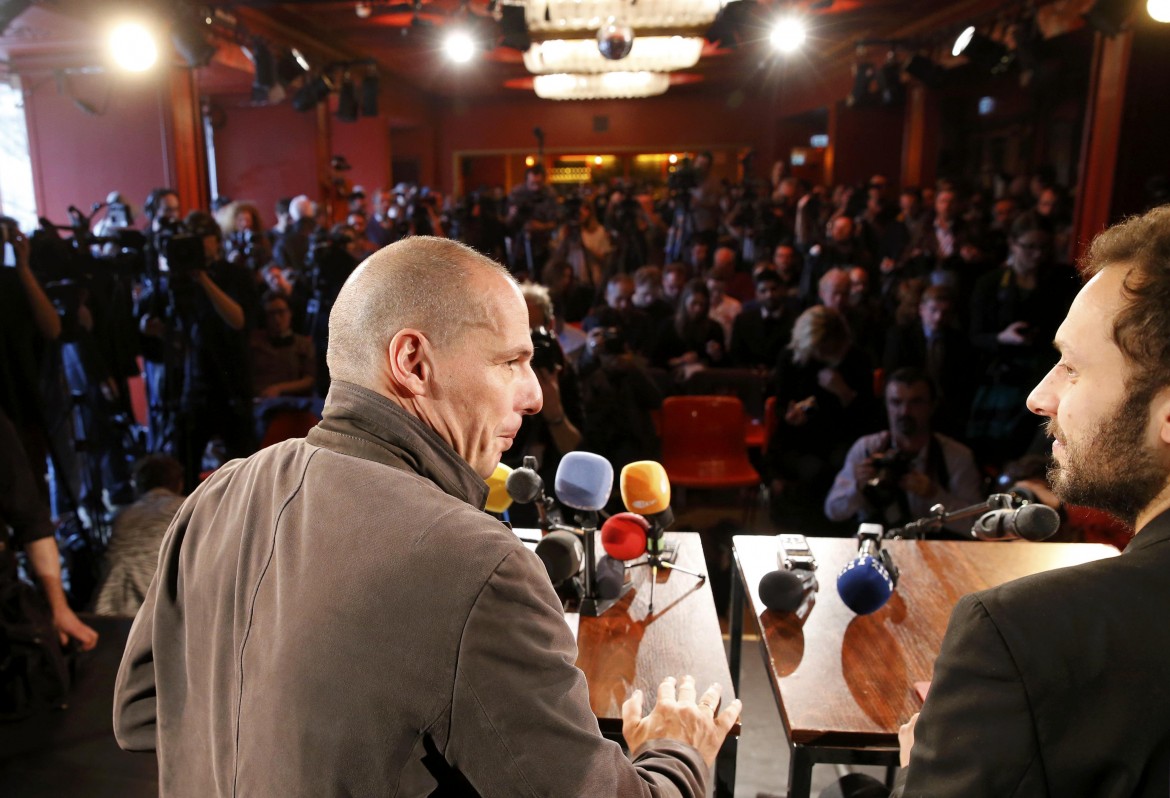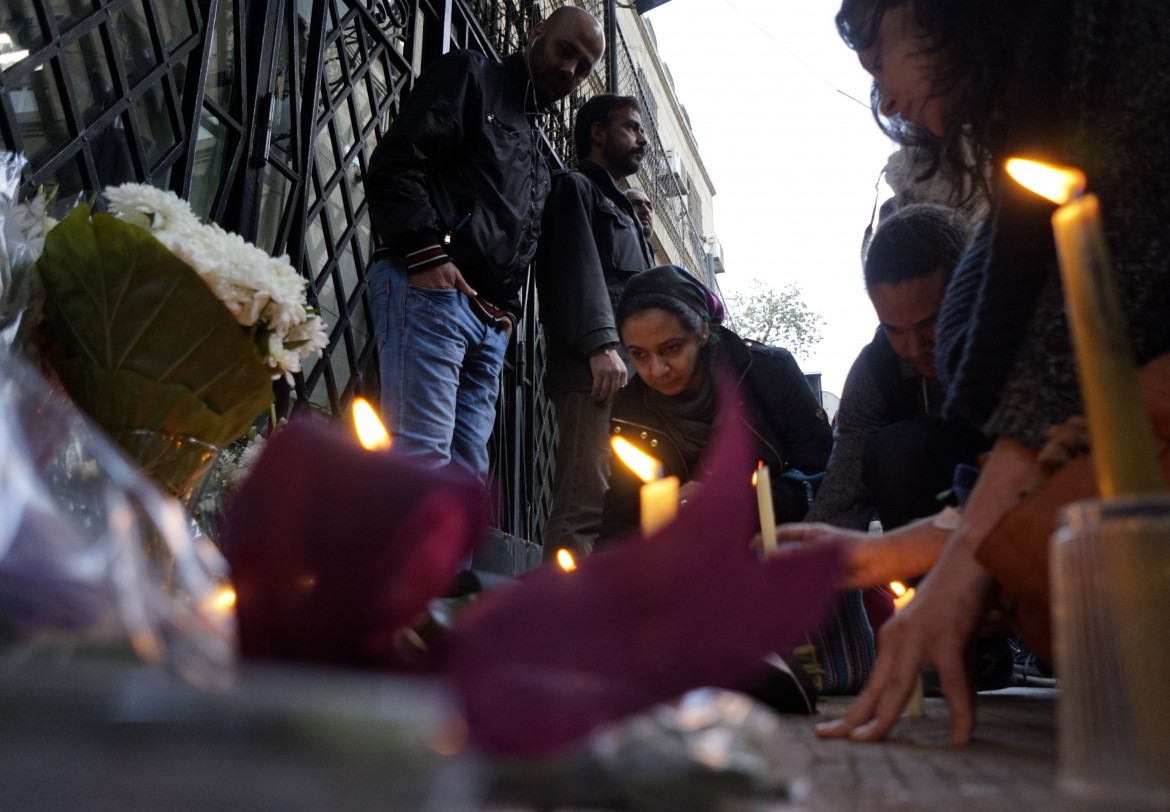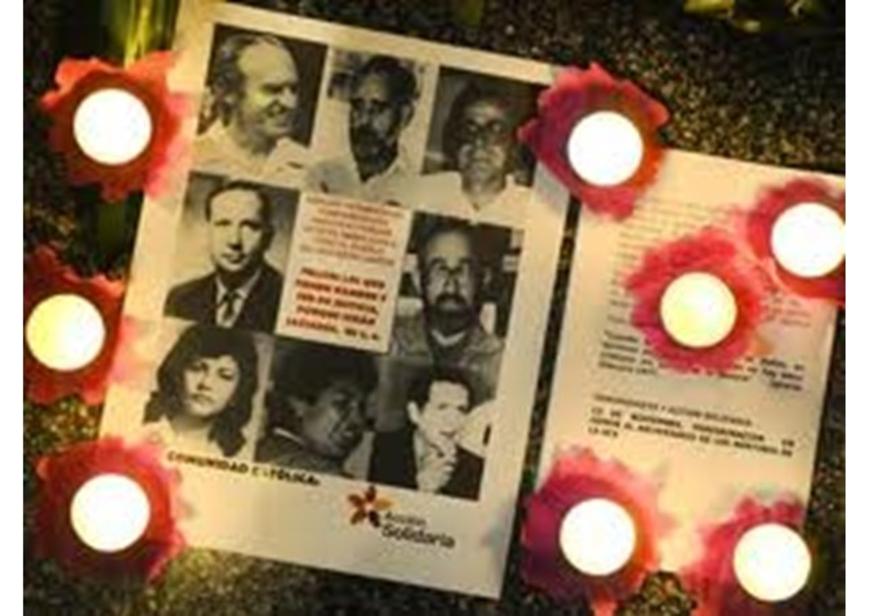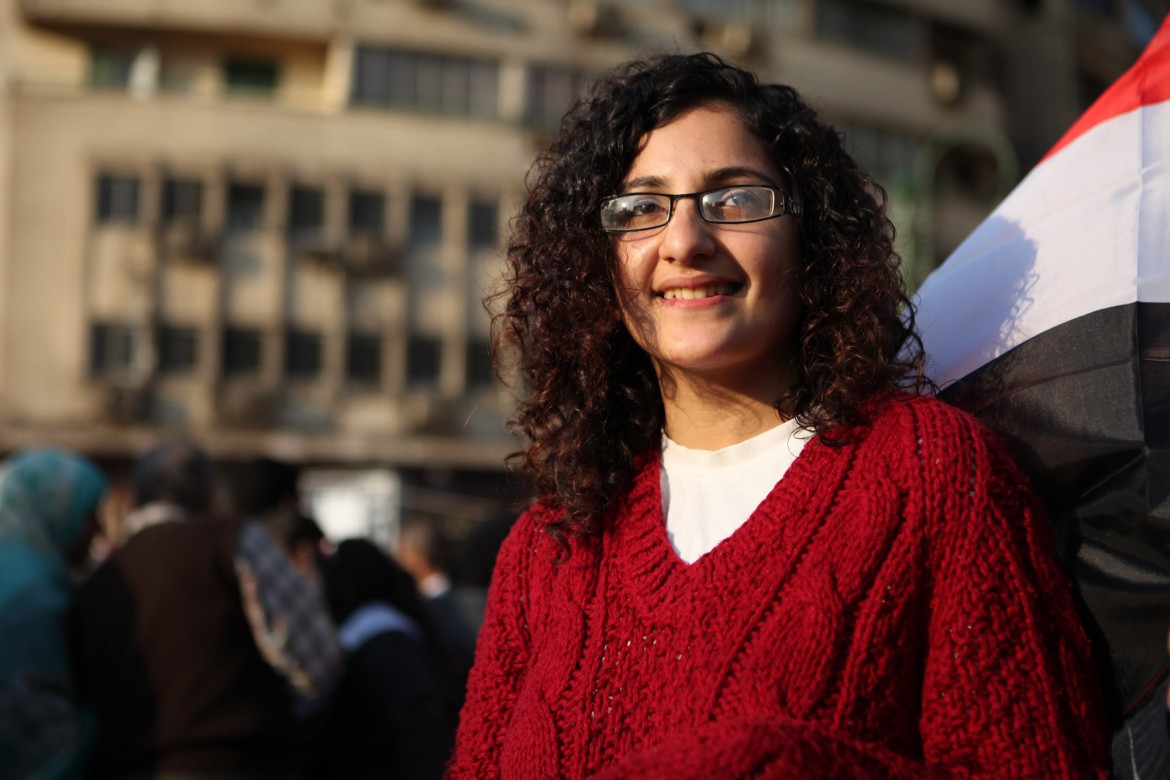Italy wants to return to being Iran’s largest trading partner. The country is heralding a new phase in economic relations with Tehran during President Hassan Rouhani’s visit to Rome in the first leg of his trip throughout Europe.
On July 14, Iran and the P5+1 group (the U.S., Russia, China, United Kingdom, France and Germany) reached a historic agreement for the gradual end of nine years of sanctions, in exchange for curbing the country’s nuclear programs. This month, Iran was found in compliance with the deal. Yesterday, Rouhani met at the Quirinale with his Italian counterpart, Sergio Mattarella, and then with the prime minister, Matteo Renzi.
On Syria, Rouhani, the main ally of Bashar al-Assad, said that “to fight terrorism effectively requires a great international cohesion, and everyone has to do their part without ambiguity.” That is, “we must remove any international support for the large number of non-Syrian fighters.” Regarding the situation in Libya, he said that “without an executive, Libya will remain in the hands of human smugglers, and it is necessary that all parties reach an agreement for a representative government. Only in this way the international community will be able to commit.” In any case, he said, it must be the Libyan government to ask for help.
Rouhani is accompanied by a government delegation of six ministers and trailed by 120 entrepreneurs. They met today, along with the Iranian Energy Minister Bijan Namdar Zanganeh, at a gathering of the Italy-Iran Business Forum, organized in collaboration with Italian Trade Commission and Confindustria. They also met with the Pope.
The main objective of the trip is the signing of several agreements, which have been on the table since November when Rouhani planned to come to Italy, but declined after the attacks in Paris. The agreements, totaling of €15 billion to €17 billion, include oil and energy projects, but also transport, infrastructure and construction.
Italy did not have a part in the official negotiations, although it was certainly down the hall, pushed by big national economic interests to bring trade between Rome and Tehran to 2010 levels (that is, about €7 billion) and to increase exports to €2.5 billion by 2018. That figure, in 2014, fell to €1.596 billion, with a positive balance for Italy of €714 million.
ENI, the Italian oil company, has had a strong presence in Iran since 1957, but the sanctions have blocked business. Now the bargaining arrangements will be redefined, alongside payment of the €800 million arrears owed by the state-owned National Iranian Oil Company. Meanwhile, the National Iranian Drilling Company has already signed a draft memorandum of understanding to increase bilateral cooperation in the area of extraction. Another set of contracts will cover the steel industry and mining, including arrangements for $3.7 billion related to the supply of machinery and equipment to produce steel and aluminum.
The government has therefore emphasized the role of the High Representative of the European Union Foreign Affairs and Security Policy, Federica Mogherini, and announced the trip of Transport Minister Graziano Delrio, who will lead a new economic mission in Tehran, between Feb. 8-10.
–> Originally published in Italian at il manifesto on Jan. 26, 2016

